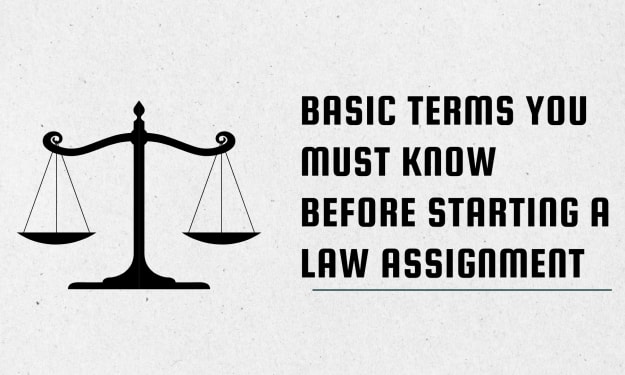
Taking control of your finances is crucial for achieving financial stability and reaching your long-term goals. One of the fundamental steps towards financial success is creating and maintaining a budget. A budget helps you track your income and expenses, prioritize your spending, and make informed financial decisions. In this blog post, we will guide you through the process of budgeting, empowering you to take charge of your personal finances.
Assess Your Current Financial Situation:
Before diving into budgeting, it's essential to have a clear understanding of your current financial situation. Begin by calculating your total income, including your salary, freelance work, or any other sources of revenue. Next, evaluate your expenses over the past few months to identify your spending patterns. Categorize your expenses into fixed (rent, utilities, debt payments) and variable (entertainment, dining out, shopping) to gain insights into your spending habits.
Set Realistic Financial Goals:
Establishing clear financial goals will serve as a driving force behind your budgeting efforts. Whether you aim to save for a down payment on a house, pay off debts, or build an emergency fund, defining your goals will provide focus and motivation. Ensure your goals are specific, measurable, attainable, relevant, and time-bound (SMART goals).
Create a Comprehensive Budget:
Now it's time to develop a budget that aligns with your financial goals. Start by allocating a portion of your income towards essential expenses like housing, utilities, transportation, and debt repayment. Once you have accounted for these necessities, divide the remaining income into discretionary categories, such as entertainment, dining out, and personal expenses.
Consider using the 50/30/20 rule as a guideline: allocate 50% of your income to essential expenses, 30% to discretionary spending, and 20% towards savings and debt repayment. However, feel free to adjust these percentages according to your financial goals and priorities.
Track and Monitor Your Expenses:
Maintaining a budget is an ongoing process that requires diligent tracking and monitoring. Make use of technology and financial apps to track your expenses automatically or keep a record manually using spreadsheets or budgeting software. Regularly review your spending habits and compare them against your budget. This practice will help you identify areas where you may be overspending and allow you to make necessary adjustments.
Reduce Unnecessary Expenses:
To maximize your savings and achieve your financial goals faster, it's crucial to identify and minimize unnecessary expenses. Analyze your discretionary spending and determine where you can make cutbacks. Consider alternatives such as preparing meals at home instead of dining out, canceling unused subscriptions, or negotiating better deals on utilities and insurance. Small changes can accumulate over time and have a significant impact on your financial well-being.
Prioritize Saving and Emergency Funds:
Building a robust savings account is vital for financial security. Set up automatic transfers from your checking account to a designated savings account to ensure consistent contributions. Aim to save at least 20% of your income, gradually increasing the amount as your financial situation improves. Additionally, establish an emergency fund that covers three to six months' worth of living expenses. This fund acts as a safety net during unexpected events like job loss or medical emergencies.
Review and Adjust Your Budget Regularly:
Life is dynamic, and so are your financial needs. Regularly review and adjust your budget to accommodate changes in income, expenses, and financial goals. Revisit your budget on a monthly or quarterly basis, and make the necessary modifications to stay on track. Be flexible and willing to adapt as circumstances change, ensuring your budget remains an accurate reflection of your financial situation.
Budgeting is a powerful tool that allows you to take control of your personal finances and work towards achieving your financial goals. By assessing your current financial situation, setting realistic goals, creating a comprehensive budget, tracking expenses, reducing unnecessary spending, prioritizing savings, and regularly reviewing and adjusting your budget, you can pave the way for financial stability and success.
Remember, budgeting is not about restricting yourself or depriving yourself of enjoyment; it's about making intentional and informed choices with your money. It provides the framework to allocate your resources wisely, avoid debt, and build a secure financial future.
As you embark on your budgeting journey, stay disciplined and committed to your goals. Celebrate small victories along the way and seek support from friends, family, or financial advisors if needed. With time, patience, and perseverance, you will witness the positive impact that budgeting has on your financial well-being.
Take the first step today and start creating your budget. Your future self will thank you for the financial stability and peace of mind that comes from taking charge of your own finances.
About the Creator
katy
Life lessons and poets :)





Comments (1)
its excellent writing and informative content.